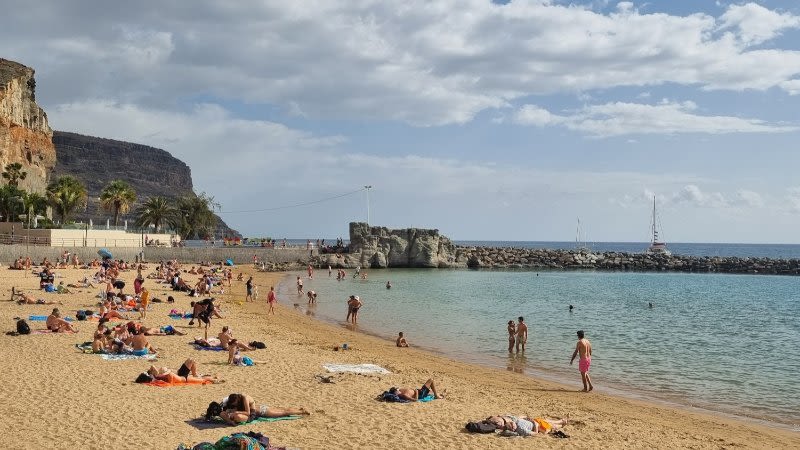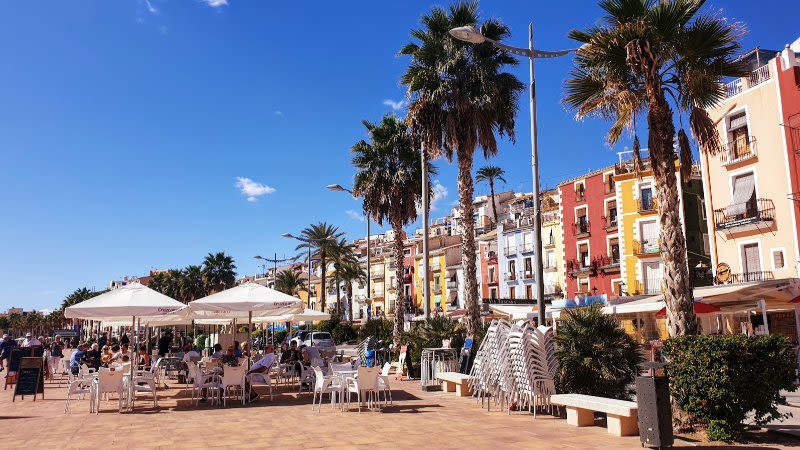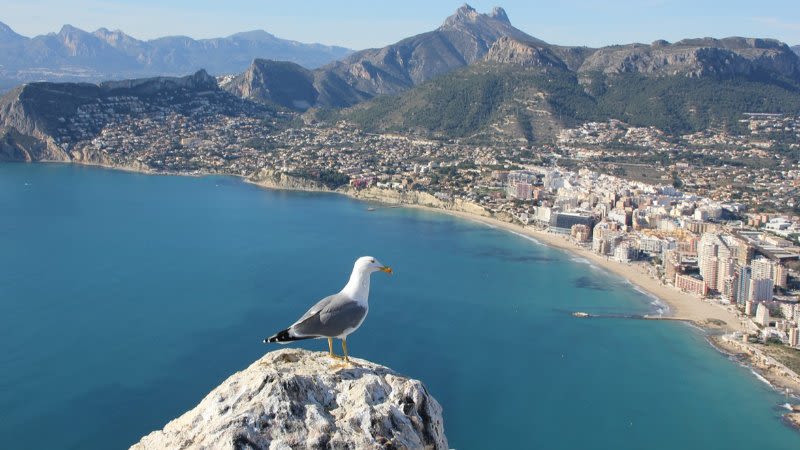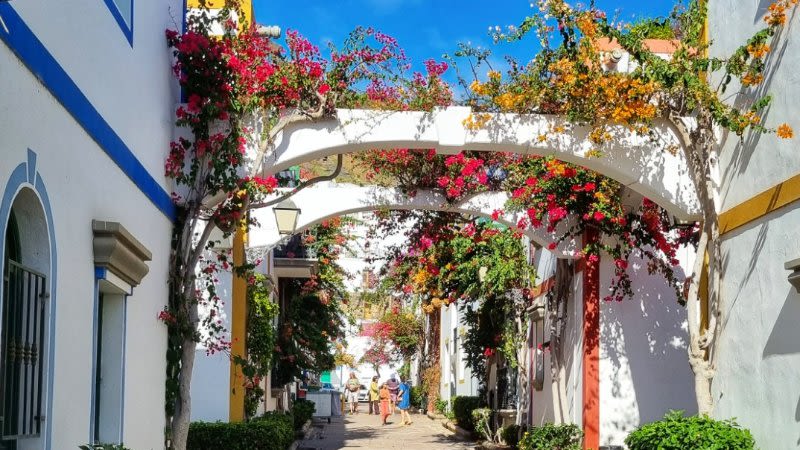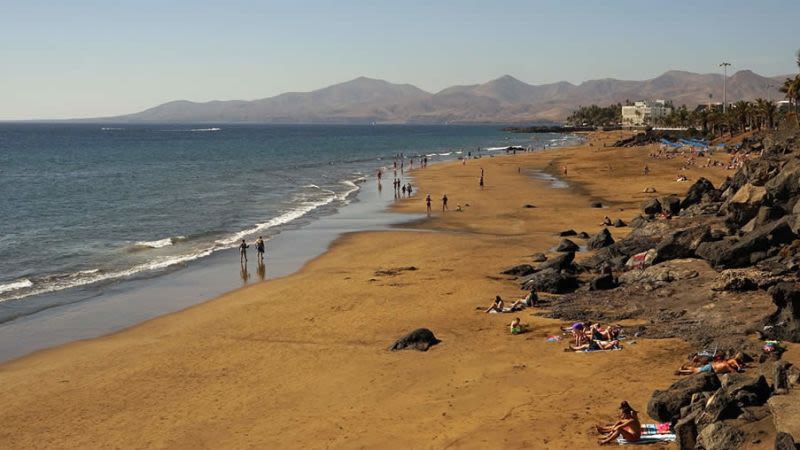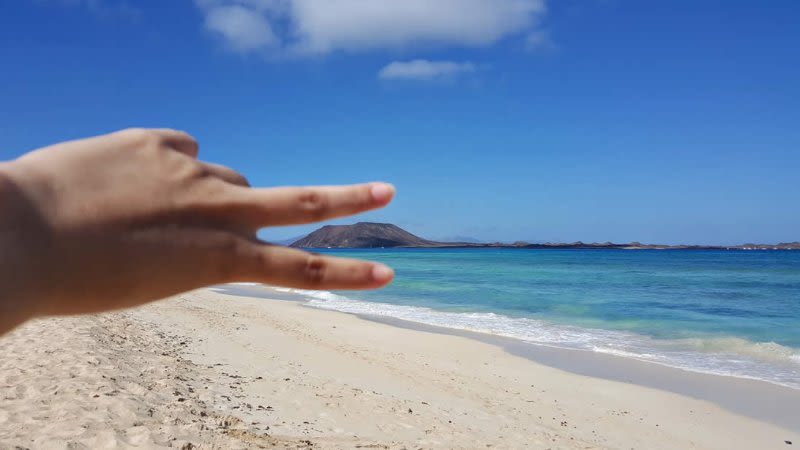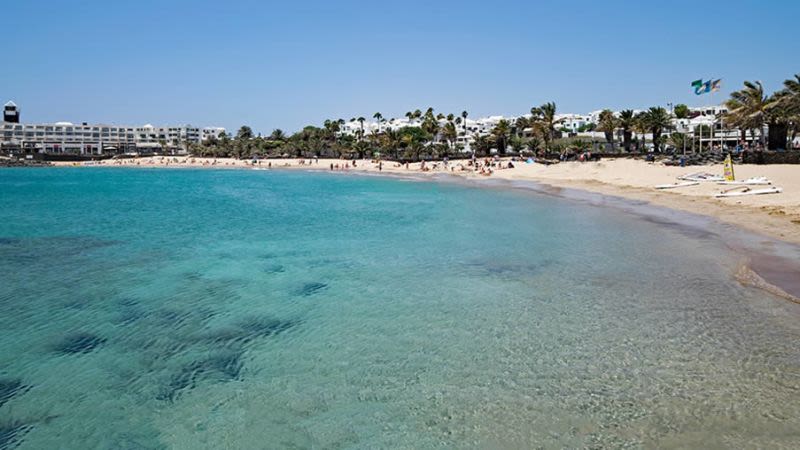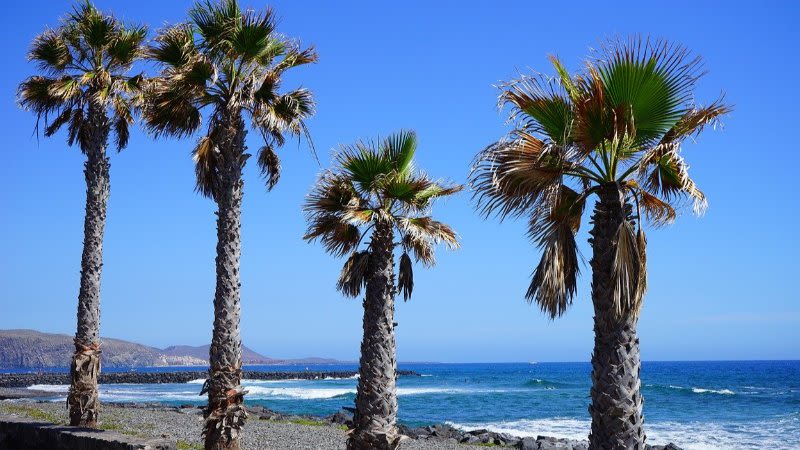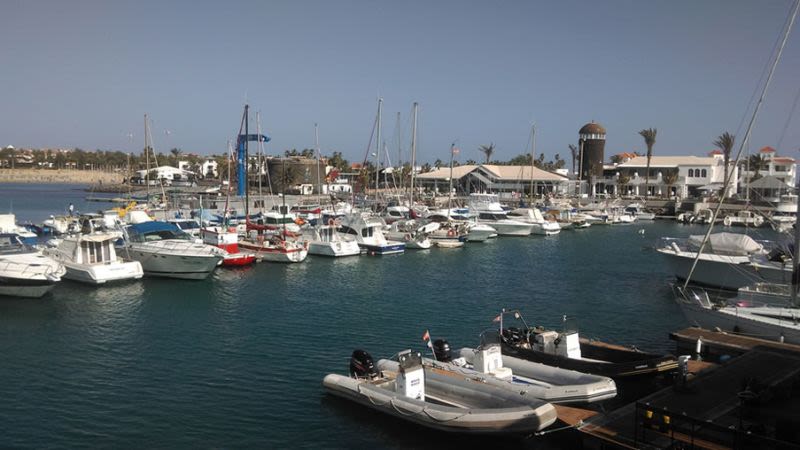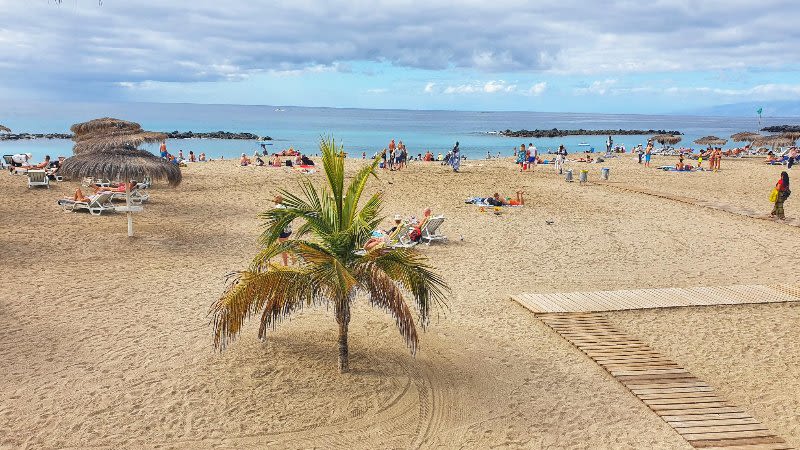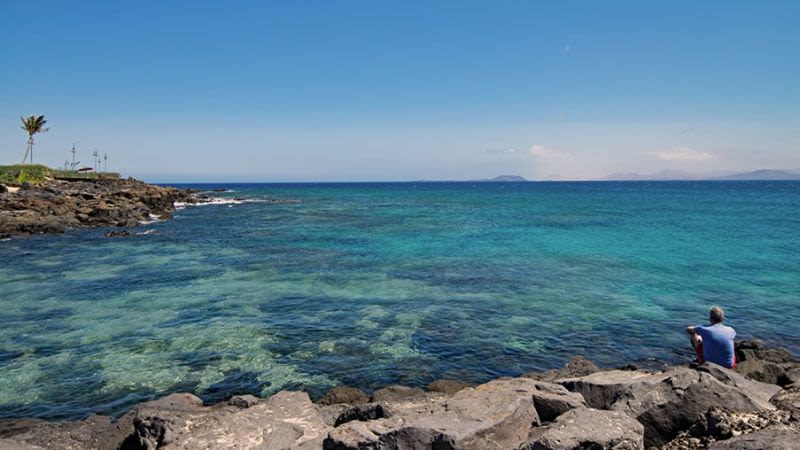Are there dangerous mosquitoes in Tenerife and the Canary Islands?
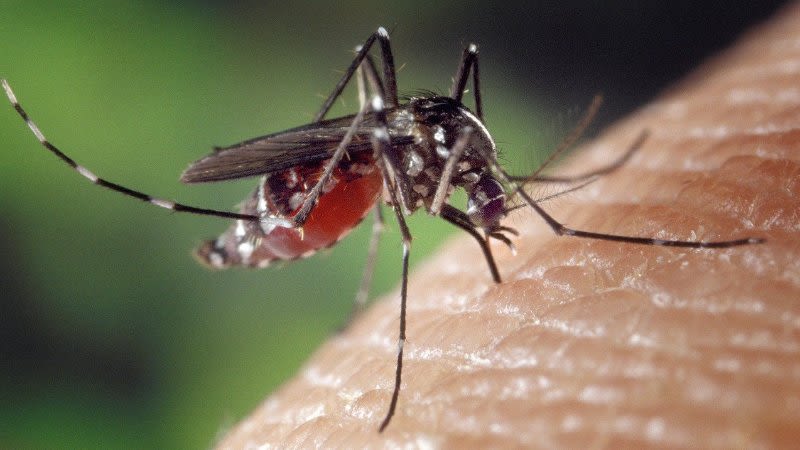
Many visitors to the Canary Islands, especially those heading over to the archipelago for the first time, have this dilemma of whether they'll have to face a lot of mosquitoes in the Canary Islands or not.
- Are there mosquitoes in the Canary Islands?
- Is the situation with mosquitoes different between Tenerife, Gran Canaria and the rest of the Canary Islands?
- Are there dangerous species of mosquitoes in Tenerife and the Canary Islands?
- Is there a risk of Zika in the Canary Islands?
- Is there a risk of Dengue in the Canary Islands?
- What can be done to avoid creating a breeding point for mosquitoes?
Are there mosquitoes in the Canary Islands?
Like in most other places on the planet, the Canary Islands also have mosquitoes, although they're not a huge problem and they are not a big threat. In fact, the Canary Islands have a relatively low presence of mosquitoes compared to many other popular tourist destinations around the world. There are some mosquito species in the Canary Islands, but they are not as abundant or as dangerous as in some other parts of the world.
Personally, we never had problems with mosquitoes in any of the Canaries, although most of our time spent on the islands is during the autumn and winter months when there is more rain. We've maybe seen a mosquito or two, especially in Tenerife, but none on the dryer islands and with less vegetation like Fuerteventura or Lanzarote.
Keep in mind that we're not saying definitely that there are no mosquitoes, it's just that we haven't encountered many over all the years we've visited the archipelago.
Also, although there are some species of mosquitos in Tenerife and the Canary Islands in general, they are not considered particularly dangerous in terms of transmitting diseases like those in regions with a higher prevalence of mosquito-borne illnesses. In fact, the risk of contracting a mosquito-borne disease in Tenerife or the other Canary Islands is generally low.
Is the situation with mosquitoes different between Tenerife, Gran Canaria and the rest of the Canary Islands?
The number of mosquitoes can be very different between different areas of the same island, so it is also possible for the situation to be different between islands.
The islands of Tenerife, La Gomera, La Palma and Gran Canaria as well, tend to have more vegetation than Lanzarote and Fuerteventura, which can translate into a greater number of mosquitoes. But this is not always the case and as we said, the situation can be very different between areas of the same island.
Keep in mind that Tenerife has a lot of different microclimates, which also influence the amount of rain and humidity in each area, which can influence the number of mosquitoes.
We haven't seen many mosquitoes in the south of Tenerife, but we always have with us a mosquito spray just in case we need it, although we haven't used it until now.
I'm sure that different people have had different experiences, some of you may be more "attractive" to mosquitoes than we are, so it's best to have something like a spray with you, or you can simply buy one while here if you need it.
Reports from people regarding mosquitos in Tenerife, Gran Canaria and the rest of the Canaries will differ depending on the time of the year when someone has visited, the particular climatic conditions during that season, the area where they were located and other factors.
Are there dangerous species of mosquitoes in Tenerife and the Canary Islands?
The Canary Islands have been working for years to detect disease-transmitting mosquitoes. Since 2008 the Canaries have joined the Transnational Cooperation Program with the purpose of creating a risk map for mosquito-borne diseases.
The Canary Islands are insisting before the Ministry of Health on the need to increase control measures for ships coming from areas where Aedes aegypti is widely established, such as Madeira and Cape Verde.
As a result of the increase in communication between both Macaronesian archipelagos, the presence of the Aedes aegypti vector has been detected on numerous occasions in port areas, as well as inside ships coming from risk areas.
This first study, carried out in 1987 by the University Institute of Tropical Diseases and Public Health of the University of La Laguna, showed the presence of species already known as residents in the Canary Islands, such as Culex pipiens, Culex theileri and Culiseta longiareolata in 98% of cases, WITHOUT detecting the presence of Aedes aegypti or Aedes albospictus, mosquitoes that can transmit various tropical diseases.
Subsequently, in 2011 the University Institute of Tropical Diseases and Public Health of the University of La Laguna and the General Directorate of Public Health carried out a new study at the facilities of the Port of Santa Cruz de Tenerife, as a possible entry point for species disease transmitters, without the appearance of foreign species.
According to information published by Gobierno de Canarias, at the end of 2012, as a result of the Dengue outbreak that was taking place on the island of Madeira at that time, the Health Alerts and Emergencies Control Center of the Ministry of Health, Social Services and Equality were requested to include the Canary Islands in the Entomological surveillance activities at airports and ports against imported vectors of exotic infectious diseases.
Is there a risk of Zika in the Canary Islands?
No.
The CDC lists the Canary Islands as a green area, which means that the archipelago is considered an area with no risk of encountering mosquitoes that spread Zika.
Is there a risk of Dengue in the Canary Islands?
No.
Also according to the CDC, the Canary Islands are not listed as risk areas regarding Dengue fever.
What can be done to avoid creating a breeding point for mosquitoes?
As we said, everyone's experience with mosquitoes in the Canary Islands can be different because it also depends if you stay near a breeding point for mosquitoes, which can boost the numbers of this annoying and dangerous pest.
A breeding site can be any small place that holds water for days.
Among those identified are: bromeliads, bamboo plants, holes in tree trunks, shrubs in gardens and parks, containers that contain water such as dishes under pots, vases or vases and planters, buckets, cans, drains, ornamental ponds, jerry cans, pet waterers, birdbaths, tires, etc.
Therefore, as a preventive measure, all objects and containers in which water can accumulate, such as those listed above, should be emptied and cleaned, avoiding subsequent flooding and keeping them dry.
If you have water ponds, one advice would be to introduce fish that feed on the larvae.




